Blogs
How should I take BCAA for best results?
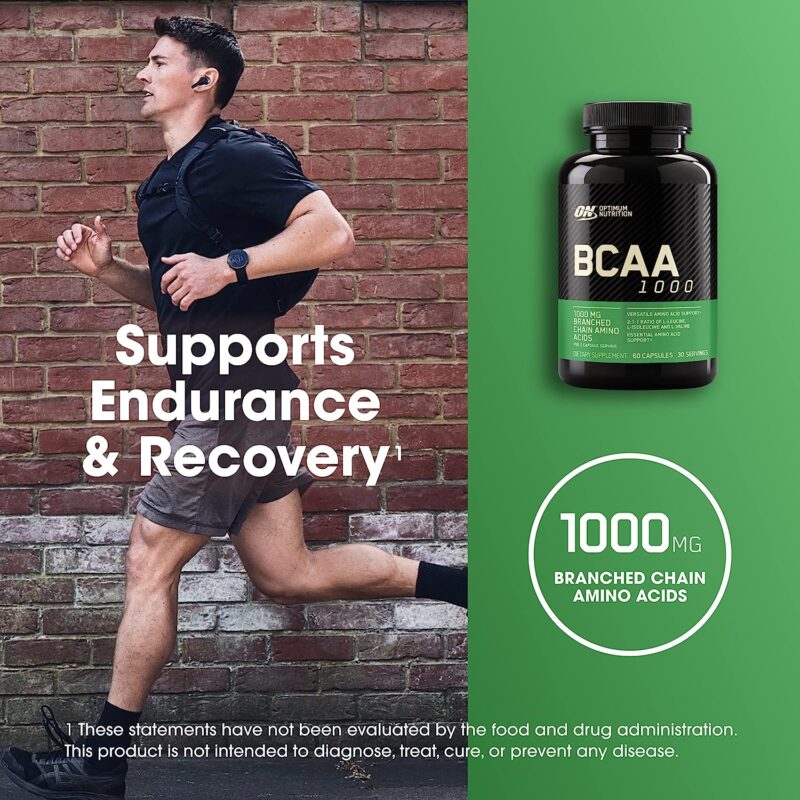
BCAAs are essential amino acids. They play a crucial role in muscle growth and recovery. BCAA supplements have a key benefit. They prevent muscle breakdown in intense workouts. BCAAs provide your body with extra amino acids, like leucine, isoleucine, and valine. They can help keep muscle mass when you are in a calorie deficit or doing long endurance activities.
Also, BCAAs can improve exercise. They do this by cutting fatigue and boosting energy. Leucine stimulates protein synthesis. This aids muscle repair and growth after workouts. This means adding BCAA supplements to your fitness routine can make recovery faster. It can also lead to better gains in strength and muscular endurance. So, next time you hit the gym to push your limits, consider adding BCAA supplements to your routine. They will boost your gains and cut muscle breakdown.
What are BCAAs?
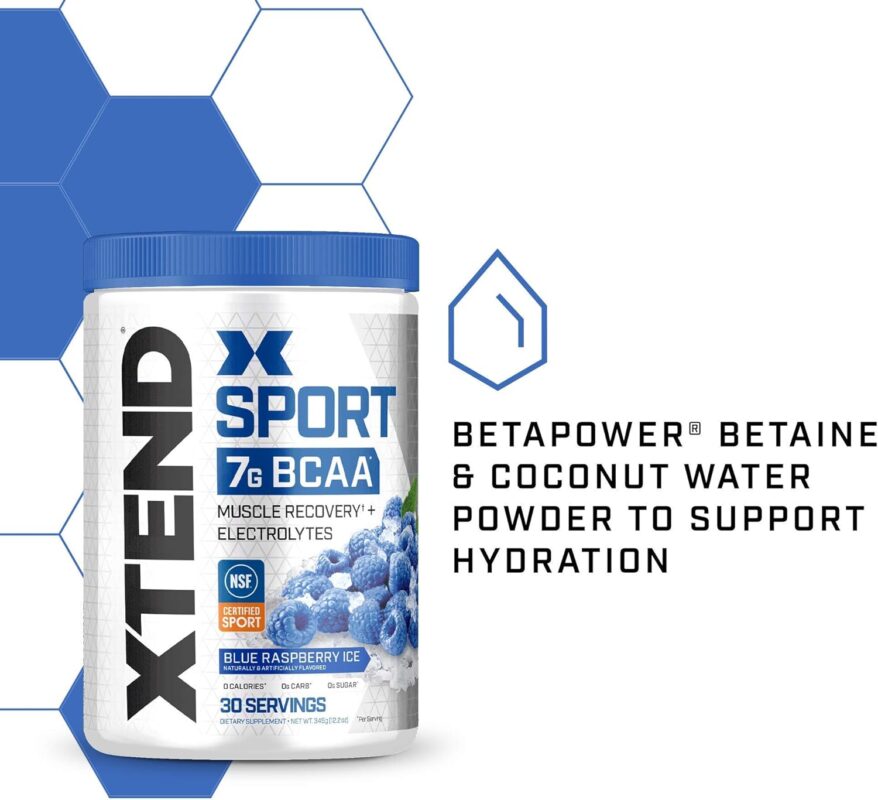
BCAAs are Branched Chain Essential Amino Acids. They play a key role in making muscle and energy during exercise. The three key BCAAs are leucine, isoleucine, and valine. The body cannot make them, so they vital to get from diet or supplements. Studies have shown that BCAAs can reduce muscle soreness and fatigue after a workout. This lets you recover faster and perform better in later training sessions.
When it comes to maximizing the benefits of BCAA supplementation, timing is key. Eating BCAAs before or during workouts can give an energy and focus boost. They help you power through tough training sessions with better endurance. Also, taking BCAAs after working out can support muscle repair and growth. They do this by boosting protein synthesis. For best results, split your daily BCAA intake into many doses. Do this throughout the day to keep steady levels of these vital amino acids in your system.
When to take BCAAs?
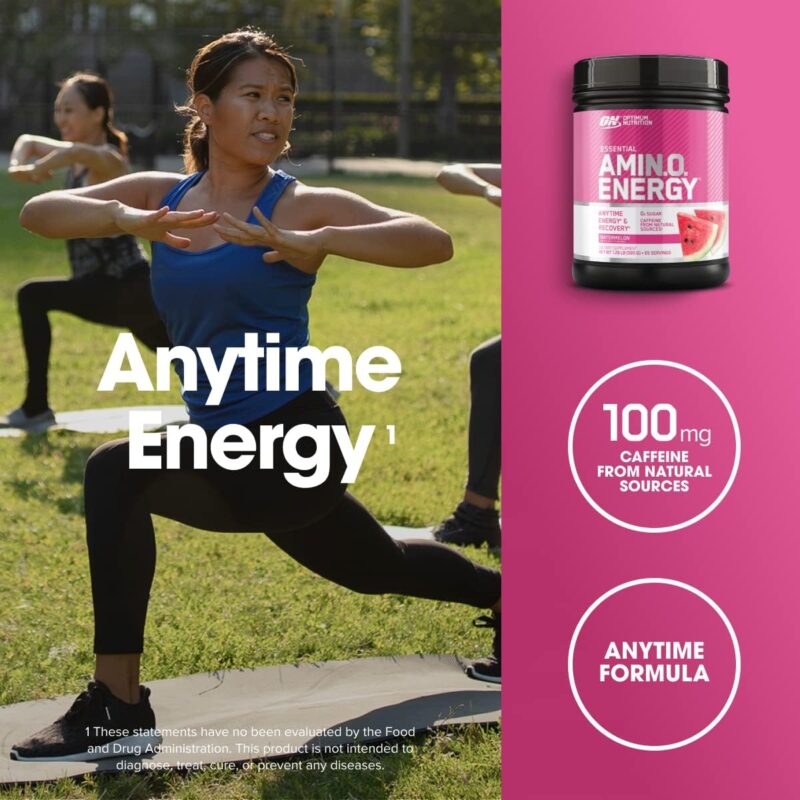
Many people wonder about the best time to take BCAAs. Is there a specific window of opportunity? Or, can you consume them at any time? Research suggests that the best times to take BCAAs are before and after workouts. Taking them before exercise can prevent muscle breakdown during intense training. Taking them after a workout aids in muscle recovery and growth. Also, some studies show that eating BCAAs between meals. This can help keep muscle protein synthesis going all day.
Individual needs and preferences vary. So, when you take BCAA can fit your goals and schedule. Some people may enjoy taking BCAAs during their workouts. They provide added energy and endurance. Others may find it helpful to take them before bed. This supports overnight recovery. In the end, to get the most from BCAAs for muscle growth and recovery, you need to take them . You also need a good diet and regular exercise.
In conclusion, timing your BCAA intake can help you match your goals and schedule. It helps you get the most from this supplement. You may need to experiment with different timings and dosages. This is necessary to find what works best for you. Be mindful of these factors. Stay tuned to how your body responds. Then, you can best use BCAAs in your routine.
Dosage recommendations for BCAA supplements
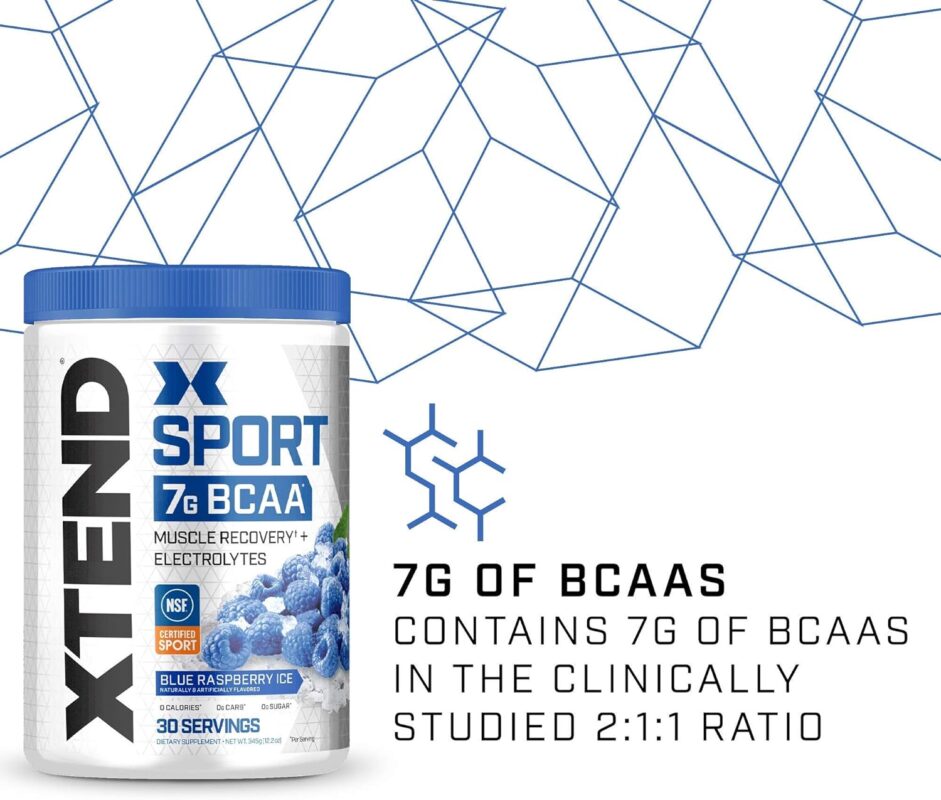
With BCAA supplements, knowing the right dosage is crucial. It maximizes their benefits. A common recommendation is to take 5-10 grams of BCAAs before or during exercise. This supports muscle recovery and reduces fatigue. But, each person’s needs may vary. Factors such as weight, fitness, and diet determine them.
Taking too many BCAAs may cause side effects. These include stomach upset and insulin resistance. Inadequate dosages may not provide the desired results. To adjust your dosage, consider asking a healthcare provider or nutritionist for advice. They can tailor recommendations to fit your goals and lifestyle.
In the end, finding the best BCAA dose needs a balance. It needs to balance scientific guidelines and personal testing. Adjust your intake based on how your body responds. This unlocks the full potential of amino acids. They enhance your physical performance and support muscle growth well.
Best time to take BCAAs for different goals

To get the most from BCAAs for muscle building, you need to take them before and after your workout. Eating BCAAs before a workout can help stop muscle breakdown. This happens during intense training. But, eating after a workout helps muscles recover and heal. This leads to faster growth and better performance.
For those aiming to boost endurance or cardio performance, take BCAAs during your workout. This approach can delay fatigue. It does so by providing a steady supply of amino acids. They fuel your muscles throughout the session. Also, if your main goal is weight loss, taking BCAAs between meals or as a snack can help curb cravings. They also help maintain lean muscle while on a calorie deficit. Knowing the best times to take BCAAs depends on your goals. It can affect their effectiveness in reaching your desired results.
Combining BCAAs with other supplements
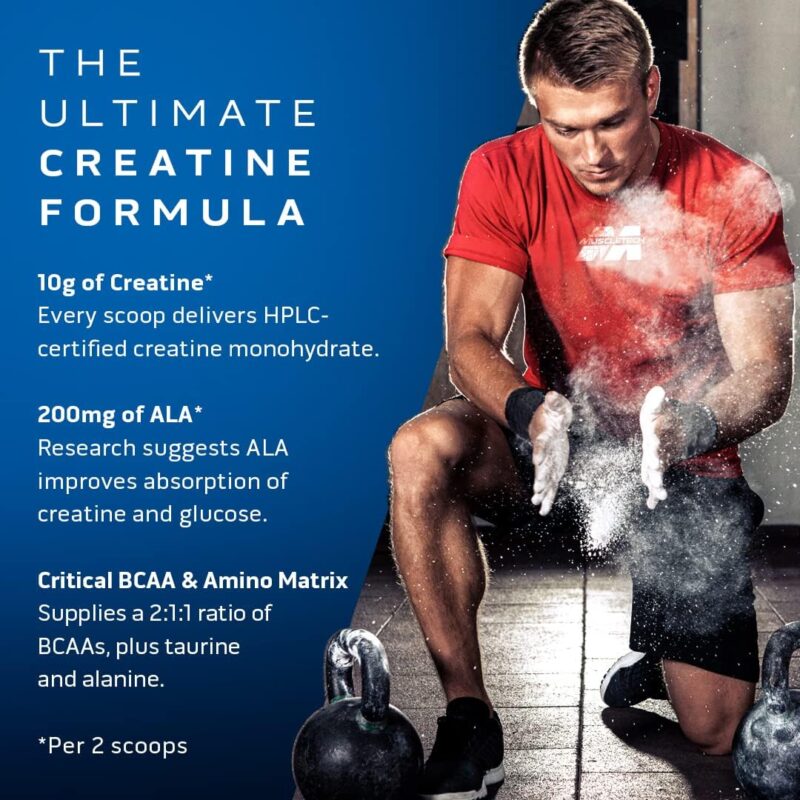
To maximize your workout performance, combine BCAAs with other supplements. It can be a game-changer. One good combo is pairing BCAAs with creatine. Both supplements work together to boost muscle growth and recovery. Creatine helps boost strength and power during intense workouts. BCAAs aid protein synthesis and cut muscle breakdown.
Also, BCAAs can boost your energy when combined with caffeine. Caffeine is a stimulant that boosts focus and alertness. BCAAs reduce fatigue and boost endurance. This mix can help you push through tough training. It can also help you get better results. Experiment with different supplement combinations. Try them with BCAAs. This can help you find the perfect stack for your fitness goals and needs. It will boost your gym performance.
Maximizing benefits of BCAA supplementation

In conclusion, realizing the full benefit of BCAA supplementation requires a plan. The plan must go beyond timing and dosage. Athletes and fitness enthusiasts want to maximize BCAAs’ benefits. To do this, they should combine supplements with a tailored nutrition plan. By timing nutrients well and balancing them, individuals can boost the body’s use of BCAAs. Hydration is key too.
Also, adding lifting to your routine can boost BCAA supplements. BCAAs can fuel muscle recovery and growth well. They work best with workouts that build muscle. Also, look at lifestyle factors. These include sleep and stress. They can also help BCAA supplements work better for sports and recovery. Individuals can embrace a holistic approach. It integrates various elements: nutrition, exercise, hydration, and lifestyle habits. This approach lets them harness the full potential of BCAA supplementation. It enhances their results in their fitness journey.

